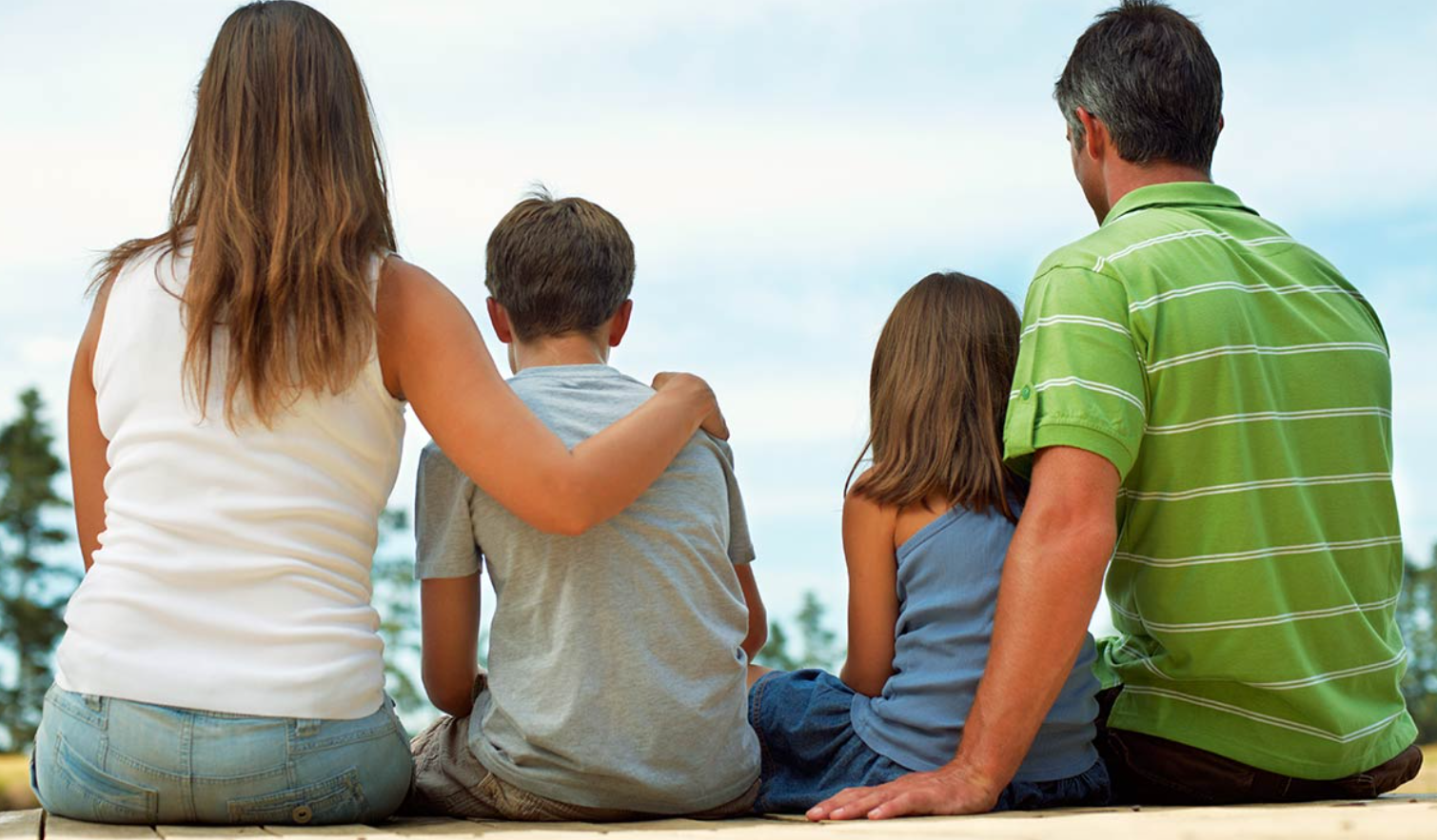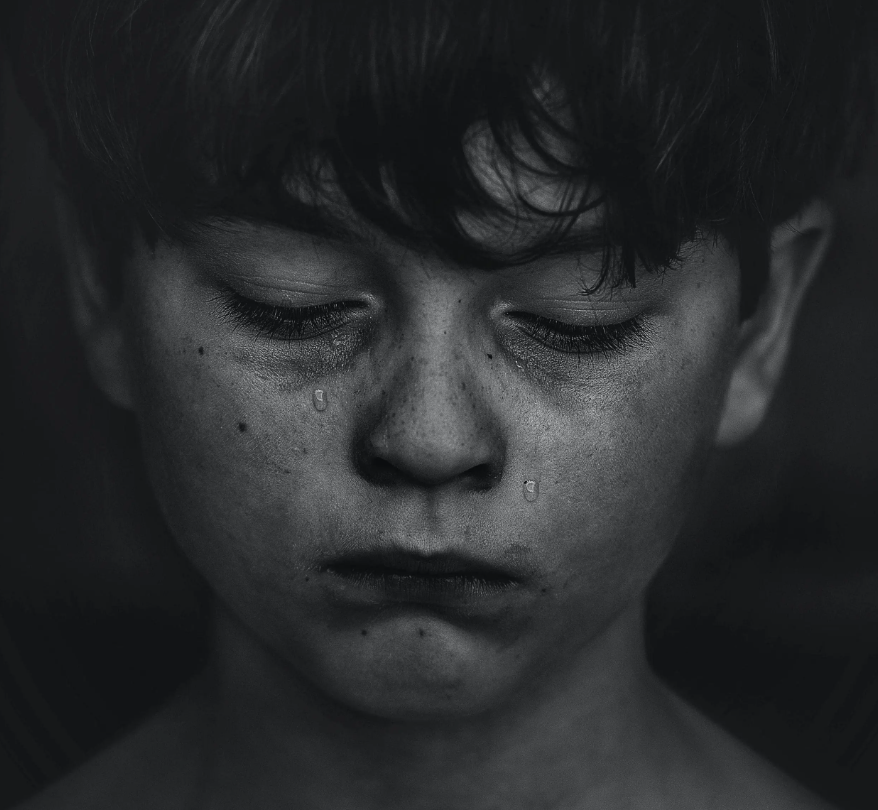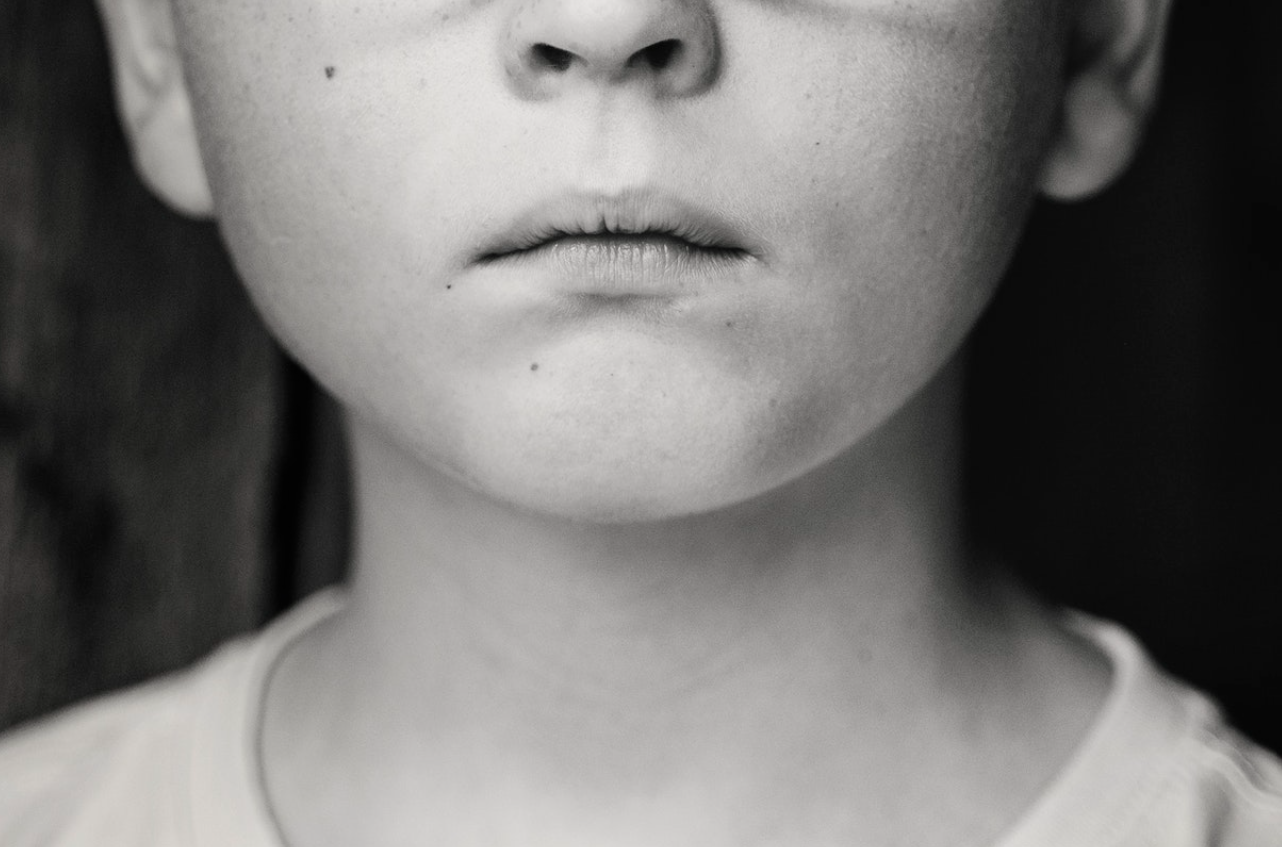When I was a child, I experienced sexual abuse at the hands of a friend of the family. It was a traumatic experience that I carried with me for many years, feeling ashamed and afraid to speak up about what had happened to me. However, as I grew older, I realized the importance of sharing my experience with others, especially those close to me. I confided in a friend of the family who I trusted, and it was a difficult conversation to have. I was scared of being judged or not believed, but I knew that keeping it to myself was doing more harm than good. As I opened up about what had happened to me, my friend listened with empathy and support.
They didn’t try to downplay my experience or tell me to just forget about it. Instead, they offered a listening ear and words of comfort that helped me feel validated and understood. It was a relief to finally share my story with someone who cared about me, and it made me realize the power of speaking up and seeking support from those we trust. Sharing my experience of childhood sexual abuse through a friend of the family was a crucial step in my healing journey, and it showed me that I am not alone in my struggles. It also reminded me that there are people who will believe and support me, no matter how difficult the conversation may be.

The Role of Personal Narratives in Healing from Trauma. Childhood Sexual Abuse
Personal narratives play a crucial role in the healing process for those who have experienced childhood sexual abuse. By sharing their stories and experiences, survivors can begin to process and make sense of the trauma they have endured. These narratives provide a platform for survivors to be heard and validated, helping to break the silence and shame that often surrounds this type of abuse. Through storytelling, survivors can also connect with others who have had similar experiences, creating a sense of community and support that is essential for healing.
Sharing personal narratives can be a way for survivors to reclaim their power and agency, as they are able to assert control over their own stories and how they are told. Additionally, telling their stories can be a form of catharsis, allowing survivors to release pent-up emotions and find a sense of closure. By speaking out and sharing their experiences, survivors can also raise awareness about the prevalence of childhood sexual abuse and help to break down the stigma and misconceptions that often surround this issue. Overall, personal narratives play a vital role in the healing process for survivors of childhood sexual abuse, providing a platform for validation, connection, empowerment, and healing.
Why Publicly Sharing Abuse Stories Can Help Break the Silence. Childhood Sexual Abuse
Publicly sharing abuse stories can be a powerful tool in breaking the silence surrounding childhood sexual abuse. When survivors come forward and share their experiences, it helps to shed light on the prevalence and impact of this issue. By speaking out, survivors can provide validation and support to others who may be struggling in silence. Sharing these stories can also help to raise awareness and educate the public about the signs and effects of childhood sexual abuse. It can empower survivors to reclaim their voice and take back control over their own narrative. Additionally, sharing abuse stories can help to hold perpetrators accountable for their actions and prevent future instances of abuse.
Breaking the silence surrounding childhood sexual abuse is essential in creating a safe and supportive environment for survivors to heal and seek justice. It is through the bravery and resilience of survivors who share their stories that we can work towards ending the cycle of abuse and creating a society that values and protects the well-being of all individuals. By speaking out, survivors can inspire others to do the same and create a community of support and understanding for those who have experienced similar trauma. Sharing abuse stories is a vital step in breaking the stigma and shame that often surrounds this issue, and in creating a culture that prioritizes the safety and well-being of all individuals.

Using A Friend of the Family as a Medium to Reveal My Story. Childhood Sexual Abuse
A Friend of the Family is a powerful medium through which I have chosen to share my story of childhood sexual abuse. This novel by Lauren Grodstein delves into complex family dynamics and the impact of past traumas on present relationships. Through the lens of the protagonist’s struggles with his own family’s secrets and betrayals, I have found a way to explore and confront my own experiences of abuse. The novel’s exploration of guilt, shame, and the complexities of love and loyalty have resonated deeply with me, as I navigate my own journey towards healing and understanding.
By using this book as a framework for sharing my story, I have been able to connect with others who have experienced similar traumas and feel less alone in my pain. The novel’s exploration of the lasting effects of abuse on both the victim and those around them has helped me to process my own feelings of anger, confusion, and self-blame. Through the characters in A Friend of the Family, I have found a way to give voice to my own pain and begin the difficult but necessary process of healing from the wounds of my past. The novel has served as a mirror through which I can see my own story reflected back at me, allowing me to confront the truth of what happened to me and begin to move forward towards a future free from the shadows of my past. In sharing my story through the lens of this powerful novel, I have found a way to reclaim my voice and my agency, and to begin the journey towards healing and wholeness.
Navigating the Difficulties of Disclosing Personal Trauma. Childhood Sexual Abuse
Disclosing personal trauma, such as childhood sexual abuse, can be an incredibly difficult and complex process. Many survivors struggle with feelings of shame, guilt, and fear when considering speaking out about their experiences. The very nature of trauma can make it challenging to put into words, let alone share with others. Additionally, there may be concerns about how others will react to the disclosure – will they believe the survivor, provide support, or judge them? These fears can be paralyzing and lead survivors to keep their trauma hidden, even from those closest to them.
Navigating the difficulties of disclosing childhood sexual abuse requires a great deal of courage and strength. Survivors may need to find a safe and supportive environment in which to share their experiences, whether that be with a therapist, support group, or trusted loved one. It is important for survivors to remember that they are not alone in their experiences and that seeking help and support is not a sign of weakness, but rather a brave and necessary step towards healing.
When disclosing childhood sexual abuse, survivors may also need to navigate the complexities of their own emotions and reactions. It is common for survivors to feel a range of emotions, from anger and sadness to confusion and numbness. It is important for survivors to give themselves permission to feel these emotions and to seek out professional help if needed.
Ultimately, disclosing personal trauma, such as childhood sexual abuse, can be a transformative and empowering process. By speaking out about their experiences, survivors can break the cycle of silence and shame that often surrounds trauma. It is important for survivors to remember that they deserve to be heard, believed, and supported in their journey towards healing and recovery.

Reflecting on the Impact and Reactions Following My Story. Childhood Sexual Abuse
Reflecting on the impact and reactions following my story of childhood sexual abuse has been a difficult journey. Opening up about my experiences has brought a mix of emotions, ranging from relief to fear. It has been empowering to finally speak my truth and shed light on the trauma that has haunted me for so long. However, the reactions from others have been a mixed bag. Some have been supportive and understanding, offering words of comfort and encouragement.
Others have been dismissive or even blaming, questioning my credibility or motives. These reactions have only deepened the wounds of shame and self-doubt that I have carried for years. Despite the challenges, sharing my story has also brought a sense of validation and solidarity with others who have experienced similar trauma. It has reminded me that I am not alone in my pain and that there is strength in speaking out. Moving forward, I hope to continue to heal and find peace within myself, while also advocating for greater awareness and support for survivors of childhood sexual abuse.
